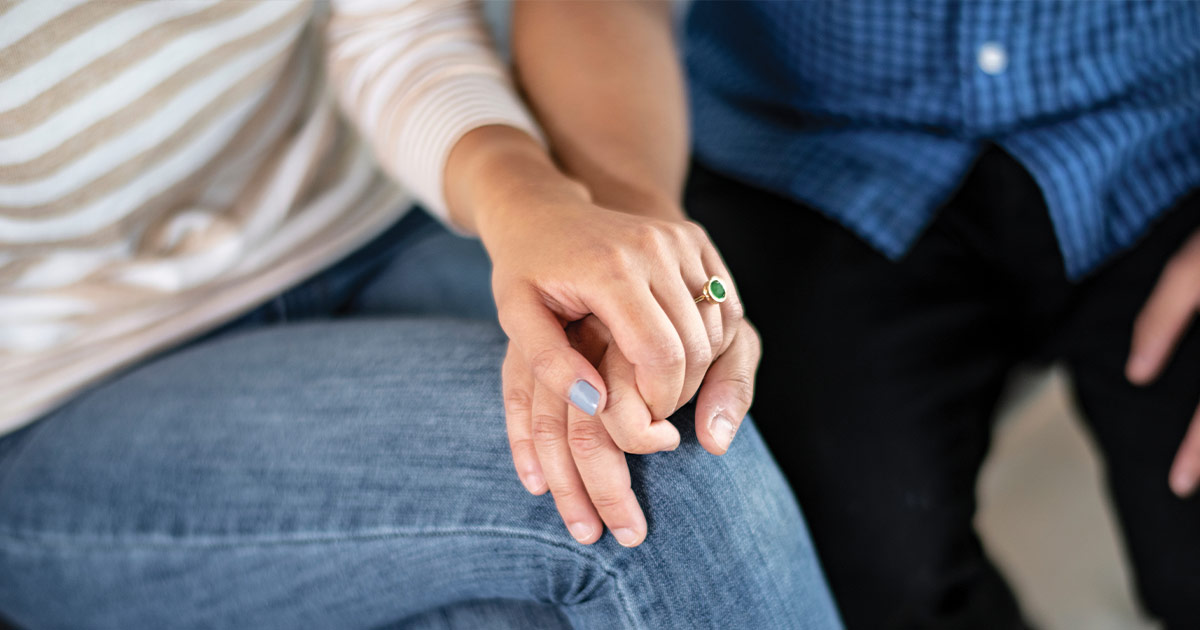Therapy is already a topic that comes along with a stigma. Throw couples into the mix and it becomes even more taboo. Seeking counseling in your relationship often comes with the assumption that said relationship is doomed or failing, which of course, is untrue. Thankfully, more and more people and couples are acknowledging the benefits of seeking counseling. However, it may be tough to recognize when it's time to seek out help from the pros.
We sat down with Bob Eggleston, MA, LPC from Mindful Counseling GR, to learn more.
According to Eggleston, couples counseling is individual work that is shared with your partner.
"Counseling seeks to provide a space where a couple can identify issues, challenge cognitive and emotional distortions, and experience change together on a consistent basis while being supported externally by a therapist," he said. "Couples work involves focusing on the self and the areas in which you can make changes. No matter the length of a relationship, it can help individuals navigate any romantic and platonic relationships they find themselves in."
Couples counseling offers an environment for growth and progress, but you might not be sure it's the right time to pursue the idea. Eggleston suggests considering counseling if you're experiencing the following:
1. When you are feeling distant from your partner but the conversations feel superficial or empty.
2. When you are searching for ways to be alone physically and emotionally from your partner.
3. When you begin to have more dialogues with your partner in your mind rather than in real life.
Even then, how do you bring up the idea—which can be a sensitive topic—to your partner?
"Begin with acknowledging within yourself the reasons you want to begin couples therapy," Eggleston said. "Explain to your partner what it is you're feeling is missing with a focus on what is missing, not on whose fault it is. Emphasize how counseling could be an act of love you do for each other. The act of going to therapy can be seen as effort being put into the relationship."
Eggleston has seen countless positive outcomes from many couples who have embarked on a counseling journey together.
"As a therapist, the times I have seen couples therapy achieve its goals are when each individual in the couple accepts the part they have played and puts effort into making the necessary changes," he said. "They stay focused on themselves, rather than on how much the other person needs to change."
Written by Sarah Suydam, Managing Editor for West Michigan Woman.
This article originally appeared in the Feb/Mar '23 issue of West Michigan Woman.




